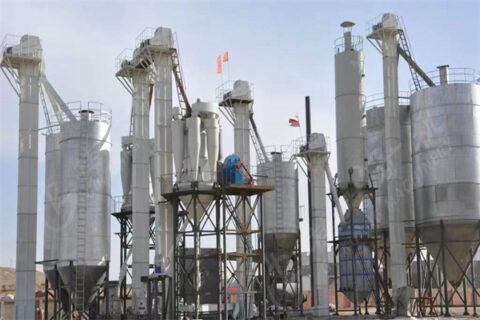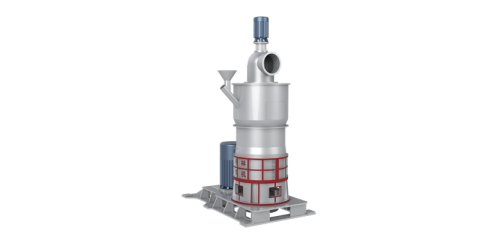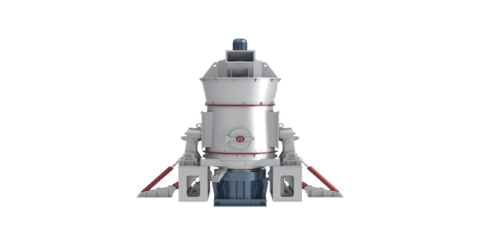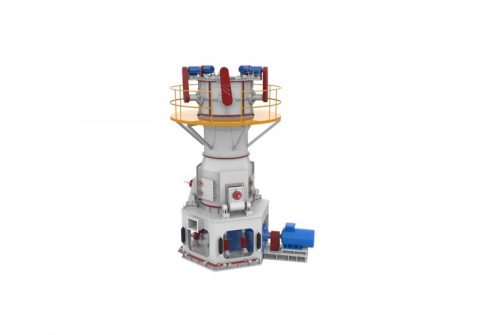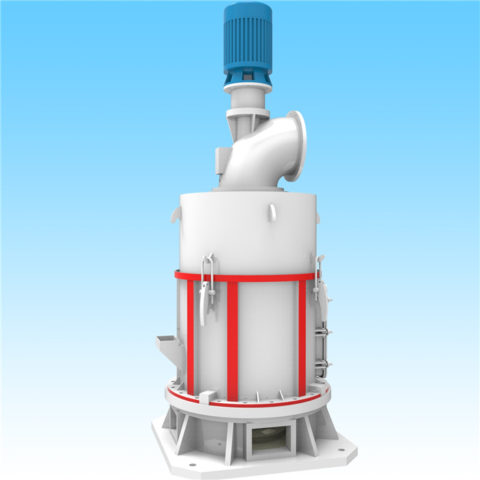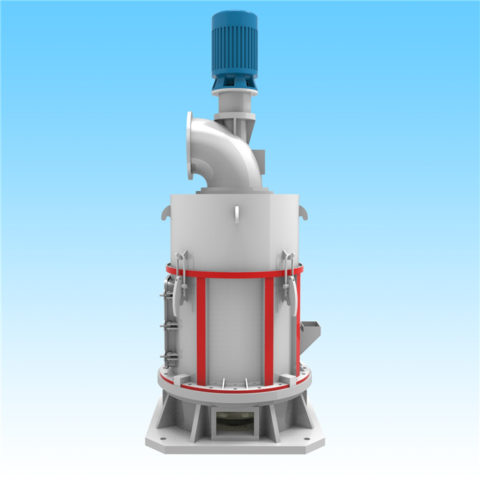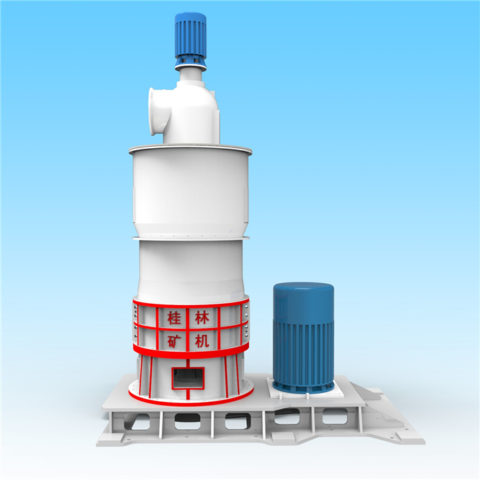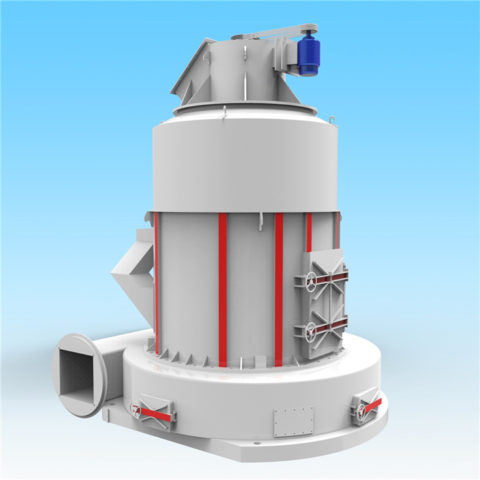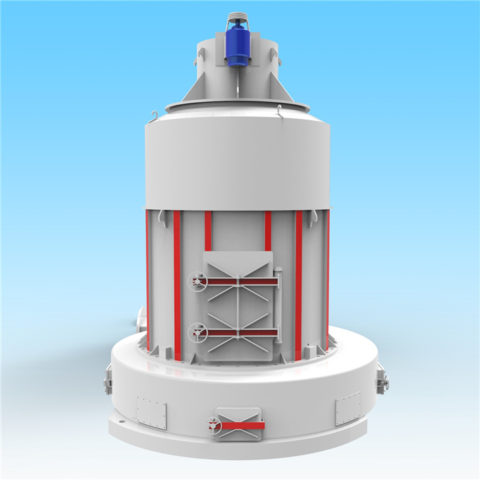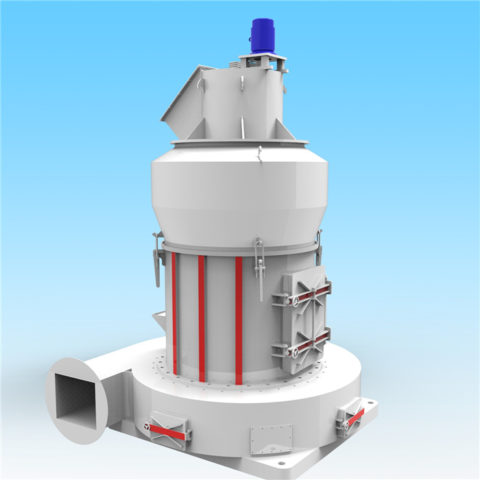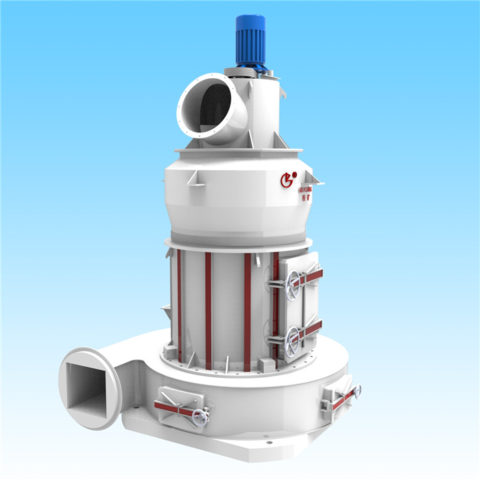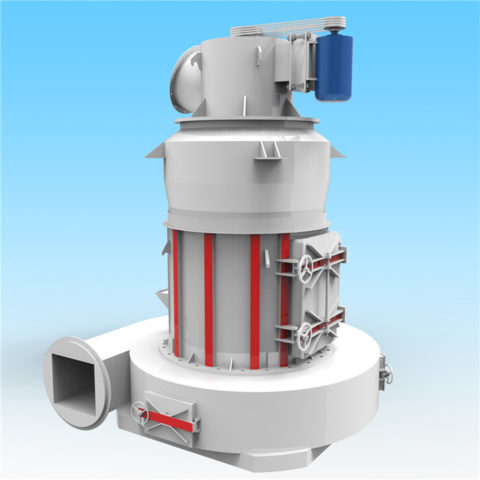Cement water demand in cement manufacturing has attracted the attention of cement users, especially in the commodity concrete developed areas; more and more users of cement put forward higher and higher requirements for water demand. Concrete producers want to choose cement with small water demand, which will affects the competitiveness and price of cement products, then affecting the cost and benefit of cement producers.
There are many factors that affect the cement water demand in cement manufacturing; one of them is grinding process. In other words, different grinding process produced cement; the water demand is not the same. If you want to improve the efficiency of the grinding system, no matter what kind advanced grinding process, we must consider the appropriate water demand of cement technology. Otherwise, we must find a balance between the grinding efficiency, the grinding cost and the water requirement.
Cement standard consistency water demand (hereinafter referred to as cement water demand), the exact characteristic parameters should be the standard consistency of concrete water consumption, is to make the cement slurry to achieve a certain degree of plasticity and mobility required mixing water, it is important indicators of cement performance.
Cement water demand directly affects the water-cement ratio of concrete, which affects the strength of concrete, corrosion resistance, frost resistance, durability, the amount of concrete produced by concrete and the amount of admixture, affecting the cost and benefit of the user.
Large amount of Cement standard consistency water demand, the more cement paste to achieve the standard consistency of water consumption, the more cement mortar to achieve the required flow of water, and cement concrete to achieve a certain amount of slump water consumption are also larger, so the greater the water-cement ratio of mortar and concrete, the more space between the particles, the smaller the density, the cement and its concrete construction performance, mechanical properties and durability deterioration will get worse.
The main factors affecting the cement water demand in cement manufacturing
First, the cement surface area, particle size, particle shape of the impact.
Second, the type of cement mixture and the impact of the amount of mixed.
Third, the impact of gypsum on cement water demand.
Fourth, the impact of clinker on cement water demand.
Fifth, the impact of the grinding process on the water demand.

